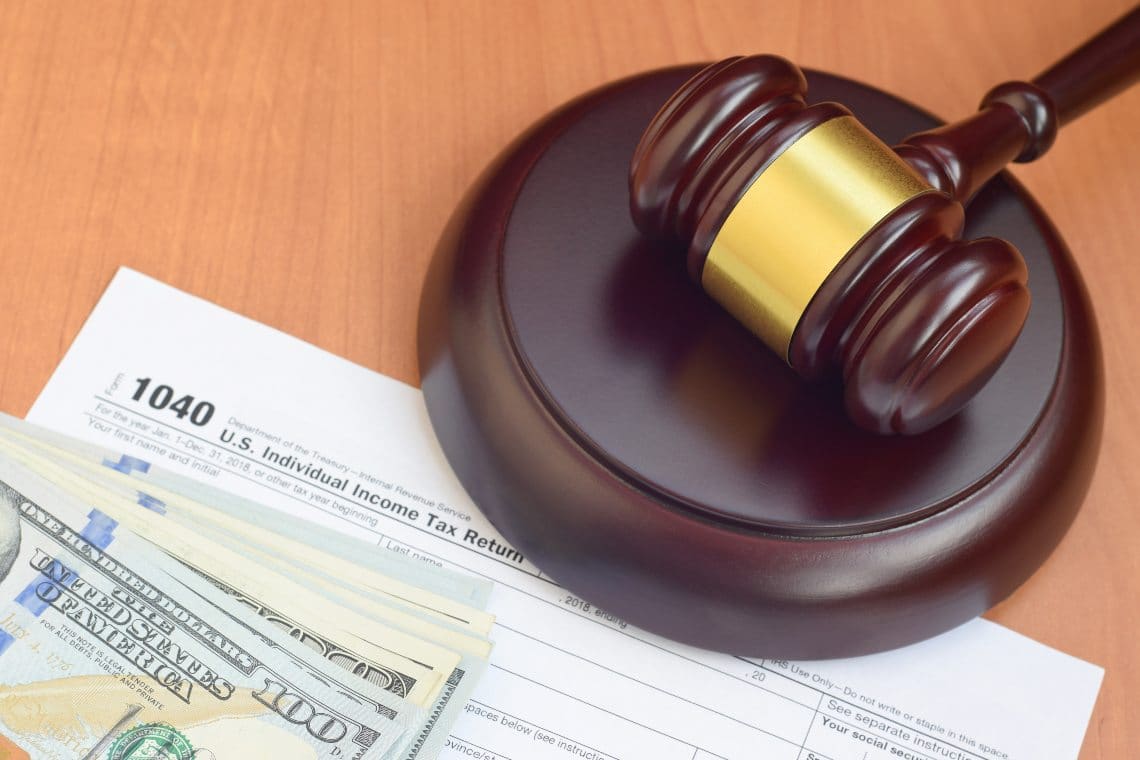The guidelines of the IRS with respect to the declaration of cryptocurrency holding in the 1040 form suggest that the US taxpayers who hold crypto are different from those who actually do the transactions.
The Internal Revenue Service is the agency responsible for collecting taxes in the United States. The 1040 form is used to file the tax return.
On Friday, the IRS issued guidelines for completing this form, including also a very specific application:
At any time during 2020, did you receive, sell, send, exchange, or otherwise acquire any financial interest in any virtual currency?
This question can be answered yes or no. However, as the IRS explains in its guidelines, only those who have carried out an actual transaction have to answer yes.
This is the explanation of what is considered a transaction:
- The receiving or transferring without commission of virtual currencies, as is the case with airdrops or hard forks;
- The exchange of virtual currencies for goods and services;
- The sale of virtual currencies;
- The exchange of virtual currencies for other things, including other virtual currencies.
Owning virtual currencies in the account, or transferring cryptocurrencies from one wallet to another of the same owner, is not considered a transaction.
IRS and cryptocurrencies
The IRS agency seems to be at the forefront of cryptocurrency management and taxation. In 2014, when the sector was in its infancy, the Internal Revenue Service already established that virtual currencies are treated as property and should be taxed as such.
In fact, the FAQ explains that those who carry out work paid for in cryptocurrencies are taxed as if they were cash.
It was a wise choice: in fact, the US recognizes (and doesn’t oppose) cryptocurrencies, treating them as money to be included in tax returns and taxing them. This means more revenue for the state.
The IRS is also very careful about the legal aspect of cryptocurrencies. It was recently reported that it had issued a notice to recruit experts to track Monero and Lightning Network, probably to find illegal transactions.



